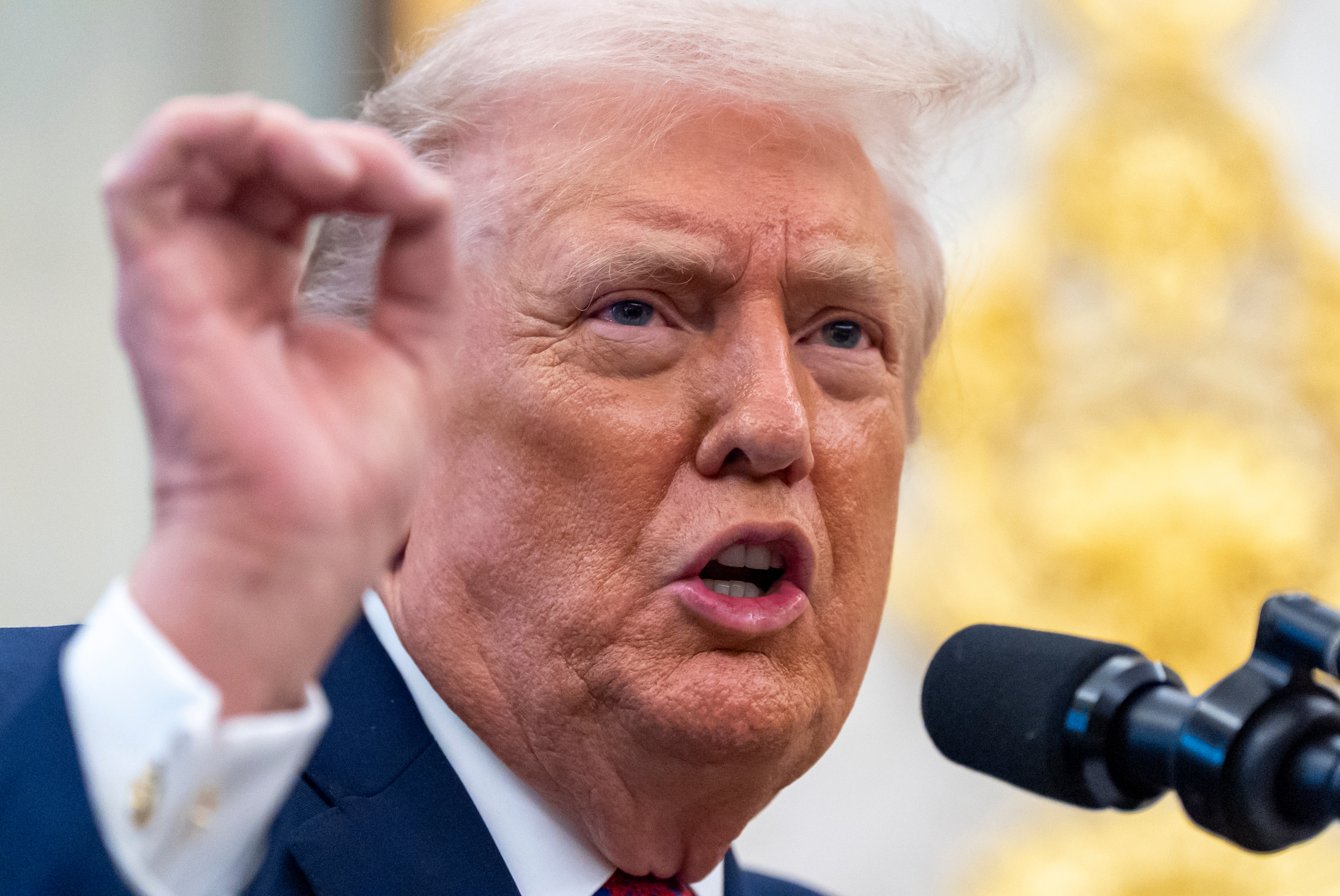When it comes to space, China and the U.S. have mostly kept their distance. But at least one Chinese official is hoping to break the ice by suggesting the two nations cooperate on future space endeavors.
The U.S. State Department recently hosted the International Space Exploration Forum, which brought together officials from 30 countries, including China, to discuss the future of space exploration. (Via Voice of America)
China's inclusion on the guest list was praised by Xu Dazhe, the newly appointed head of China's space agency. He told China Daily, "We are willing to cooperate with all the countries in the world, including the United States and developing countries."
The statement marked a rare moment of camaraderie between two nations who've traditionally had a cold relationship in space.
In fact, due to a 2011 spending bill, NASA cannot engage in any sort of joint scientific cooperation with China. The author of the language that blocked cooperation, Rep. Frank Wolf, said dealing with China "boils down to a moral issue. ... Would you have a bilateral program with Stalin?" (Via Science)
U.S. opposition also played a factor in China's exclusion from the construction and operation of the International Space Station. China launched its own space station, the Tiangong-1, in 2011, and aims to send up another station by 2024. (Via NASA)
Despite isolation from the U.S., China's space program has continued to steadily advance, recently hitting several high-profile milestones. In December, the country became the third nation ever to successfully land a rover on the moon. (Via CCTV)
A writer for the BBC says China's recent string of successes should galvanize the U.S. to develop closer ties with the burgeoning space power.
"The truth is that, with European and Russian help, China is going to develop its space programme anyway. And it is hardly short of ambition. ... An international mission to Mars would be far more palatable to American voters than a Chinese one."
One NASA consultant at Thursday's forum suggested China might be invited to join the ISS mission within the next few years, along with Turkey, Nigeria and Saudi Arabia.











